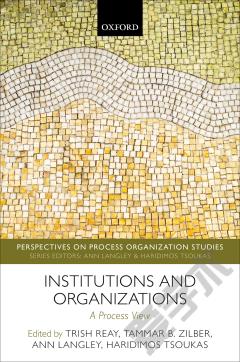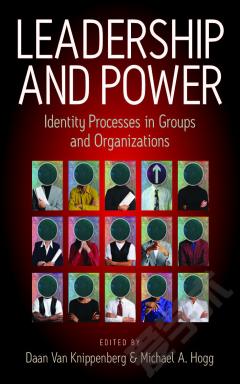Neighborhood Organization and Interest-Group Processes
Since the end of the civil rights era in the sixties it has become increasingly clear that social and political conflicts cannot be resolved entirely at the national level. Struggles between residents of poor neighborhoods and local interest groups or public authorities present some of our most explosive domestic political problems today. This study seeks insight into these problems through an analysis of efforts during the sixties to organize the poor to pursue their interests in local decision-making processes. David j. O'brien holds that both organizers and scholarly observers of the grass-roots movement have failed to understand properly the process by which interest groups are formed. Arguing that the demise of neighborhood organization cannot be attributed to supposedly unique social, psychological, or cultural characteristics of the poor, he develops an analytical framework that emphasizes the strategic role of incentives and organizational resource problems.
{{comment.content}}








 京公网安备 11010802027623号
京公网安备 11010802027623号